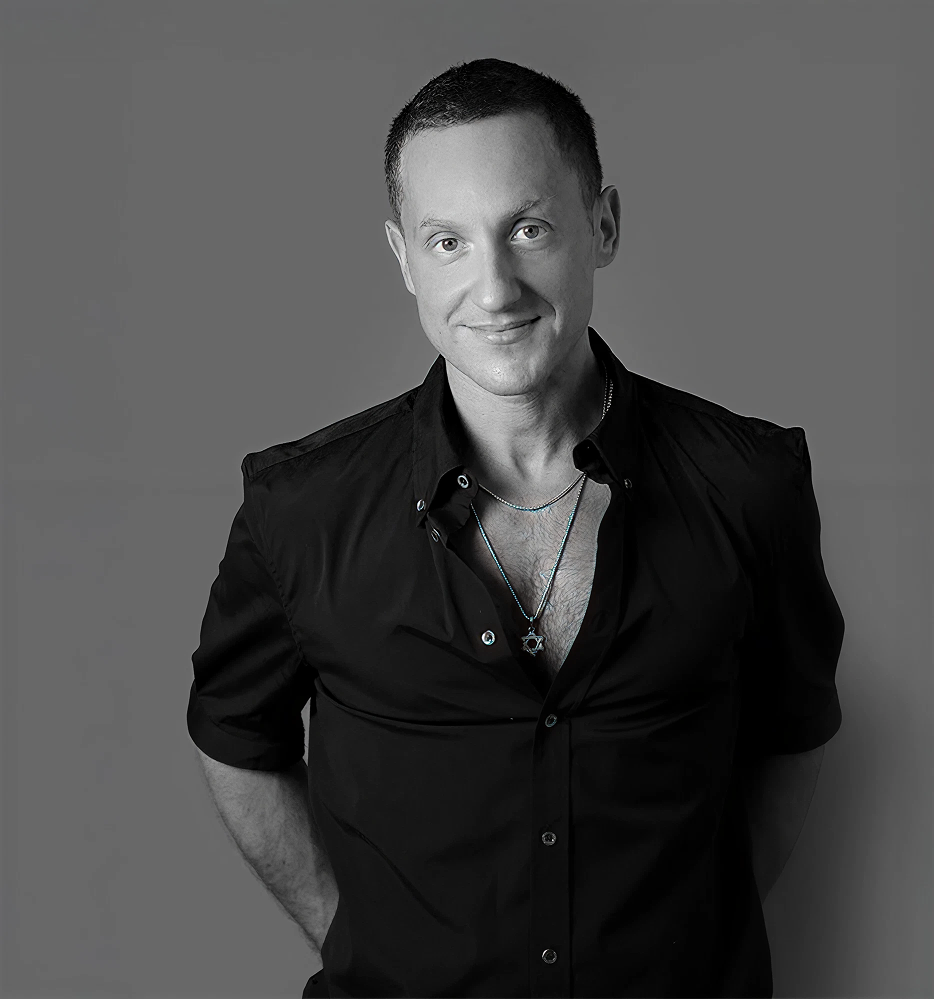Michael Harper of Coldwell Banker redefines Boston luxury real estate with discretion, taste, and curated off-market opportunities for elite clients.
Michael Harper of Coldwell Banker redefines Boston luxury real estate with discretion, taste, and curated off-market opportunities for elite clients.

|
Getting your Trinity Audio player ready...
|
Michael Harper: It’s less about a single network and more about a cultivated ecosystem of trust—a circle of attorneys, financial advisors, past clients, and fellow professionals who all share a common understanding that the most significant assets are often those that transact with the utmost privacy. This isn’t a strategy; it’s a natural outcome of consistency and integrity over time. For my clients, this discretion isn’t merely a preference; it is the paramount luxury. It’s about preserving the narrative of a home and the privacy of the transaction itself, far from the public eye.
MH: Too often, people focus on the house as an object—the millwork, the square footage. But a home is an experience. The “village” concept is paramount because it speaks to the daily rhythm of life. The light on Commonwealth Avenue at golden hour is a different quality than the light in a South End artist’s loft. The energy of Beacon Hill, with its gardens and cobblestone, caters to a different sensibility than the glass and steel of the Seaport. My role is to listen deeply to how a client wants to live. Do they want to be anonymous in a tower or known by name at a local café? That narrative dictates the neighborhood long before we ever discuss the number of bedrooms.
MH: It’s the same principle of curated experience. The most memorable meals I’ve had weren’t in the loudest, most trendy restaurants, but in places with a sense of place, history, and genuine hospitality. I stay at a small hotel in Paris, not for the amenities, but because it feels like a beautiful, private home. That’s the feeling I want to help my clients capture. A home should be a sanctuary designed for connection—for those dinners that stretch past midnight because the conversation is too good to leave. It’s about spaces that facilitate memory-making. So when I evaluate a property, I’m not just looking at its specs; I’m envisioning the life it can hold. Is there a library conducive to quiet conversation? Does the light in the kitchen make you want to pour a second cup of coffee? That’s the translation: from a floor plan to a feeling.
MH: Authenticity is the only currency that matters at this level. The clients I work with have a highly refined radar for anything disingenuous. A brand built on a facade is instantly detectable and ultimately forgettable. I believe in a brand built on substance—on a body of work, on a depth of knowledge, and on a genuine passion for the art of the deal and the architecture of the city. It’s not about being the loudest voice in the room; it’s about being the most trusted. That comes from a consistency of taste, a fidelity to discretion, and a focus on the client’s narrative, not my own.
MH: Taste is the ability to discern enduring quality from passing trend. It’s an educated intuition. It’s not about my personal preference for a particular style. It’s about understanding the integrity of the design, the quality of the materials, and the harmony of the proportions. It’s knowing that a well-landscaped garden or a strategically placed piece of art isn’t just decoration; it’s a fundamental element that unlocks a property’s value. For my clients, my taste is a filter. It saves them time and ensures that what they are seeing has already been vetted for its quality, its authenticity, and its potential.
MH: A real estate transaction, especially a significant one, is rarely just about the property. It’s often a life transition—a relocation, a consolidation, a new chapter. My role extends to being a resource for that entire transition. I work with incredible partners, like the team at Bond and Des Voeux, who specialize in high-touch life management. It can mean everything from coordinating the move and hiring staff to sourcing art and connecting clients to local cultural institutions. It’s about ensuring the transition into their new home is seamless, allowing them to begin living their narrative from the moment they arrive. We’re not just handing over keys; we’re handing over a new chapter, fully realized.
MH: It will become even more defined by experience and well-being. We’re already seeing a shift. It’s not enough to have a gym; one desires a dedicated wellness suite. It’s not just a kitchen; it’s a culinary environment designed for both private chefs and casual family meals. Technology will be increasingly integrated, yet invisibly—seamlessly enhancing life, rather than complicating it. And above all, there will be a greater emphasis on community and authenticity. People will invest in neighborhoods with soul, in buildings with a story, and in homes designed not just for display, but for genuine, intimate living. My job is to anticipate that, to understand that evolving definition of value, and to curate the opportunities that speak to it, often long before they become apparent to everyone else.
For a deeper insight into Michael Harper’s curated portfolio and his unique approach to luxury living, visit michaelharper.com.
Take our 60-second quiz and discover luxury properties matched to your lifestyle
Start the Quiz